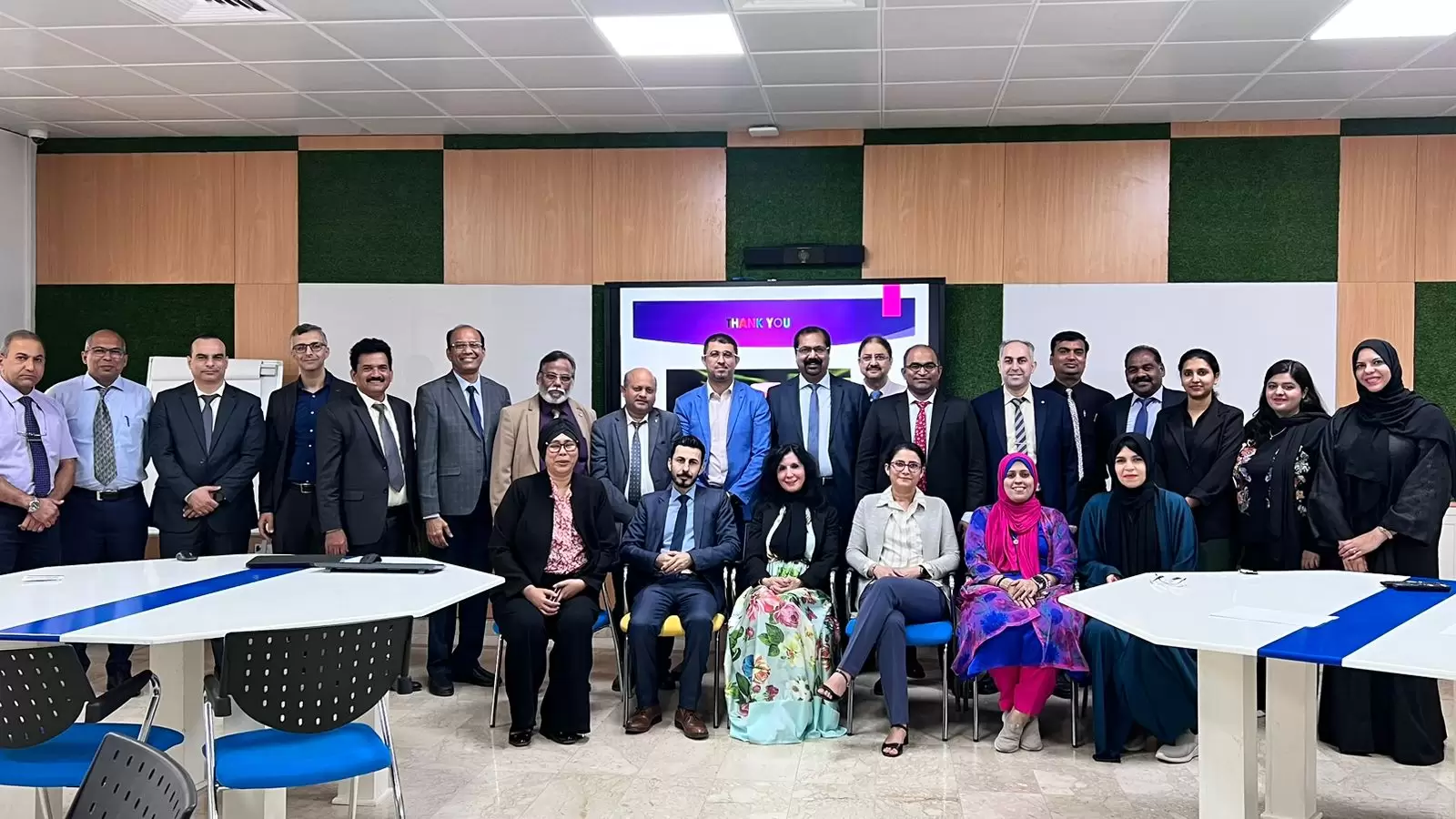Welcome to Horizon University College
A hub of innovation and academic excellence. Empowering future leaders through business and technology.
Explore our Degree Programs
Admission details
Get your first-year application in and get a decision at the right time.
Visit us on Campus
Schedule an info session and a campus tour.

























